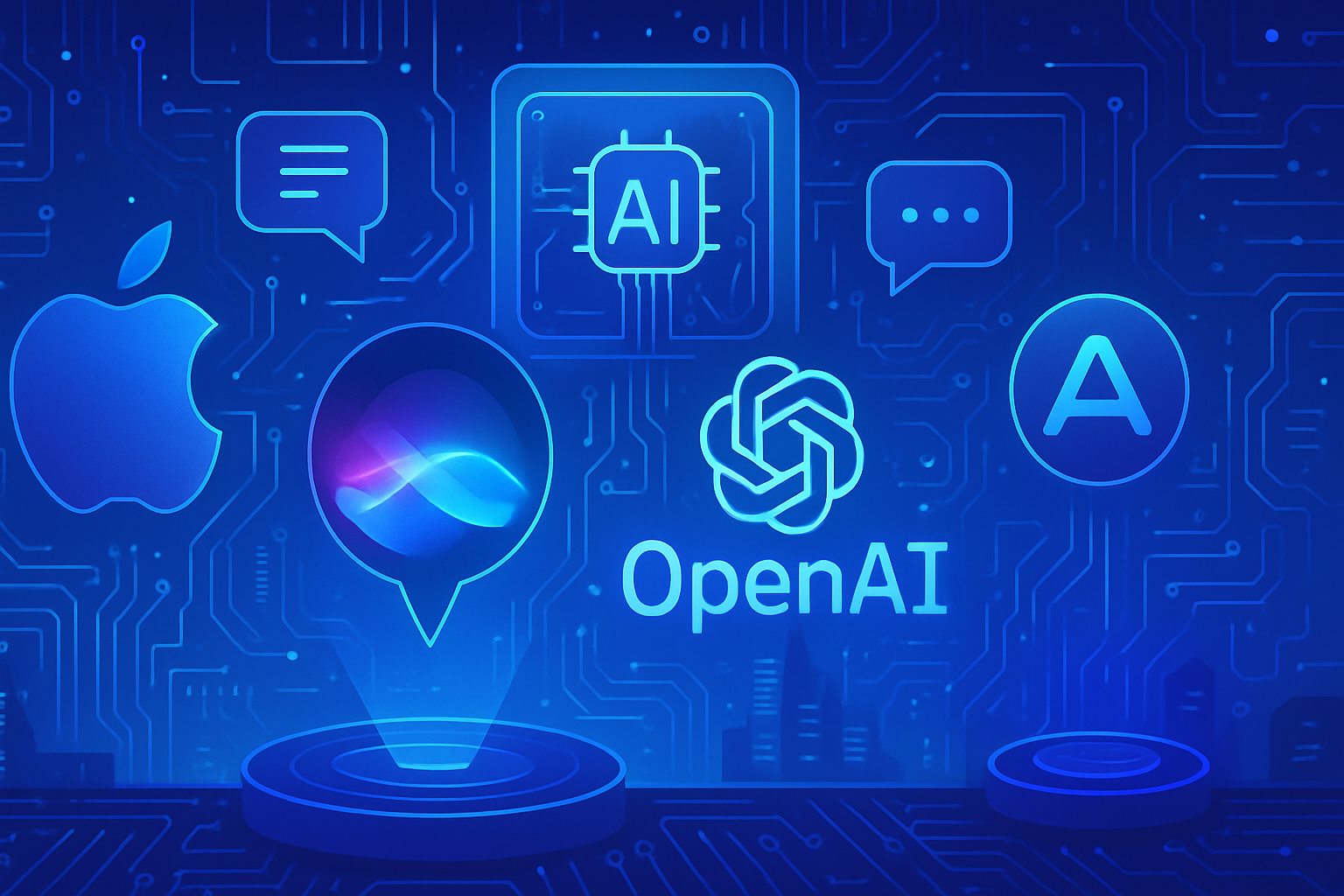Meta AI is about to *transform the European digital ecosystem* with its highly anticipated rollout. This innovation will mark a decisive milestone for millions of users across the continent. Expectations are high, as this artificial intelligence technology promises to enrich interactions on major platforms such as Facebook, Instagram, and WhatsApp.
The main challenge lies in the *compliance with European regulations*, often perceived as a brake on innovation. The reactions of authorities and users will determine the success of this initiative. Whether in terms of security or privacy, the scrutiny over Meta’s conduct is set to be *particularly intense*.
Meta AI: A Highly Anticipated Rollout
Meta AI, the artificial intelligence assistant developed by tech giant Meta, is making its long-awaited entry into Europe. The first features of this tool were launched in the United States in 2023, marking a significant evolution in the field of AI. Consequently, this expansion to Europe represents a major step for the company, after a period of preparation and adaptation to local standards.
The Details of the Launch
Starting this week, Meta AI will be gradually available in 41 European countries, including member states of the European Union, as well as in 21 European overseas territories. This rollout is regarded as one of the largest global expansions of this assistant. Users will be able to access AI on various platforms such as Facebook, Instagram, WhatsApp, and Messenger.
The new features of Meta AI will include a smart chat, available in six languages, including French. This multilingual capability represents an essential advancement to ensure an optimal user experience across European territory.
Regulatory Challenges
This launch is not without constraints. Meta had to adjust some features to comply with European data protection regulations. Thus, the initial version of the assistant has been somewhat curtailed to meet the requirements of local legislation, particularly regarding user privacy. This situation illustrates the tension between technological innovation and regulation.
Future Perspectives
Meta AI could also accelerate the digital transformation of businesses across Europe. By facilitating communication and user interaction across different platforms, Meta’s generative AI has considerable potential to enhance customer services and optimize business operations.
For those who wish to learn more about this subject, the evolution of AI applications and their economic implications are examined in various specialized articles. The growing investments by tech players, such as OpenAI, demonstrate a sustained interest in this sector. Innovative projects, including the development of supercomputers, highlight this dynamic. More information available on the dedicated site.
Public and Industry Reactions
User feedback on Meta AI is varied. Some welcome the arrival of this assistant, hoping it will facilitate daily online interactions. Others, however, express concerns about the potential implications for privacy. This debate echoes numerous discussions on the societal impact of artificial intelligence and digital technology.
Industry players, such as Google and Amazon, are also continuing to strengthen their investments in AI. These strategies reflect a desire to remain competitive amid a rapidly evolving technological landscape. These issues are crucial for the future of AI in Europe and globally.
Commitment to Sustainable Innovation
Meta is committed to considering the environmental impact of its technologies. By integrating sustainable practices into the development of Meta AI, the company aims to minimize its ecological footprint. This choice could influence other companies in their approach to responsible innovation.
Meta’s ambition to deploy its artificial intelligence may also translate into community and educational projects. By improving access to information and providing learning tools, AI could play a decisive role in educating future generations.
Frequently Asked Questions about Meta AI’s Entry into Europe
What is Meta AI and what are its main features?
Meta AI is a generative artificial intelligence assistant developed by Meta, which offers smart chat and interaction features across multiple platforms, such as Facebook, Instagram, WhatsApp, and Messenger.
When will Meta AI be fully deployed in Europe?
The deployment of Meta AI in Europe is expected to begin in spring 2025, with a gradual availability across the different Meta applications.
Which European countries will benefit from Meta AI at its launch?
Meta AI will be accessible in 41 European countries, including those of the European Union, as well as in 21 European overseas territories.
Will Meta AI be able to understand and communicate in multiple languages?
Yes, Meta AI will be capable of understanding and interacting in six European languages, including French, German, and Spanish, facilitating its use in various regions.
Why was the launch of Meta AI in Europe delayed?
The launch was delayed for compliance reasons with European regulations, to ensure optimal adherence to user privacy and security standards.
What impact will Meta AI have on how users interact on Meta platforms?
Meta AI is expected to transform the user experience by facilitating more natural and relevant interactions through responses generated by engaged and personalized artificial intelligence.
Will users have to pay to use Meta AI?
Currently, there is no specific information regarding fees associated with using Meta AI. Details will likely be announced during upcoming launch phases.
How does Meta AI ensure the security of user data in Europe?
Meta AI adopts strict security measures to protect user data, including compliance with European data protection laws, such as GDPR.
Will there be regular updates after the launch of Meta AI in Europe?
Yes, Meta plans to implement regular updates to improve the performance of Meta AI, based on user feedback and the evolution of AI technologies.






